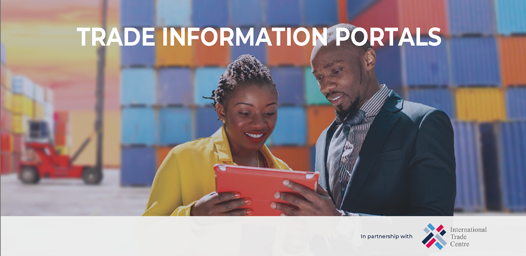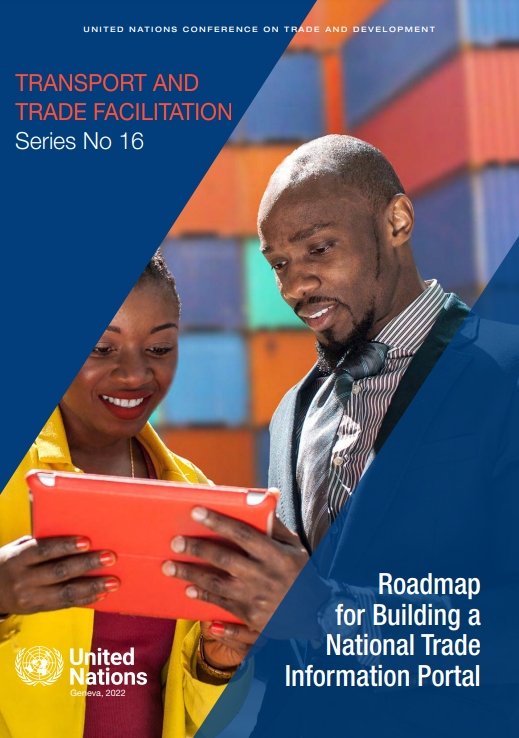Make complex trade procedures understandable
Any trade procedure can be included
The first step towards simplification
Why it matters
Trade Information portals respond to demands from traders for greater transparency and simplicity in importing and exporting. They also help countries meet their commitments under the Trade Facilitation Agreement.
By making trade procedures transparent and clear, the cost of trading is significantly reduced especially for SMEs. By seeing procedures from the user's perspective, trade facilitation committees can better understand how they can be simplified.
Advantages
- Traders have access to clear and accurate information on trade procedures. They are able to send complaints, report misconduct and propose simplifications online.
- National trade facilitation committees can identify how to simplify procedures and cut the cost of operating or trading. The number of steps, the requirements and the duration can generally be decreased by more than 50%, without even changing the underlying laws. for example in Kenya the steps and time to register coffee consignments were halved and costs to traders cut by $230.
Beneficiaries
Digital information portals are available to any government and can be implemented within existing laws. We also work with partners such as the International Trade Centre and Trademark Africa. They can be installed on nationally-controlled servers with a license for use in perpetuity and a full training package.
Installation process
PHASE 1
Scope and project team
The system owners agree on the procedures to be documented on the TIP (based on priority commodities and services) and set up a portal team of government officers sharing implementation progress with the national trade facilitation committee (1 month).
PHASE 2
Portal configuration
The project team develops the country platform (2-3 months, concurrently).
PHASE 3
Documentation and on-the-job training
The portal team is trained on collecting the information on procedures and on operating and maintaining the system. Team members hone their skills documenting procedures through the field visits and reviewing their work for consistency with support from dedicated coaches (6-8 months).
PHASE 4
Validation
The information contained in the system is endorsed by the institutions in charge (1-2 months).
PHASE 5
System launch
The system is made available to the public. A communication campaign is launched (Months 10 to 12).
PHASE 6
Simplification and system expansion
Simplification proposals based on the documented information are now easily identified and their implementation can be agreed upon with national trade facilitation committee members. Government officers can continue expanding the portal to include and simplify additional procedures.
Explore our trade information portals
- Our platform is the world’s first and most used system for trade information portals.
Africa (9)
Burkina Faso
Burundi
Kenya
Mali
Nigeria
Rwanda
South Soudan
Tanzania
Togo
Uganda
East African Community (regional portal)
South America (1)
Cuba


